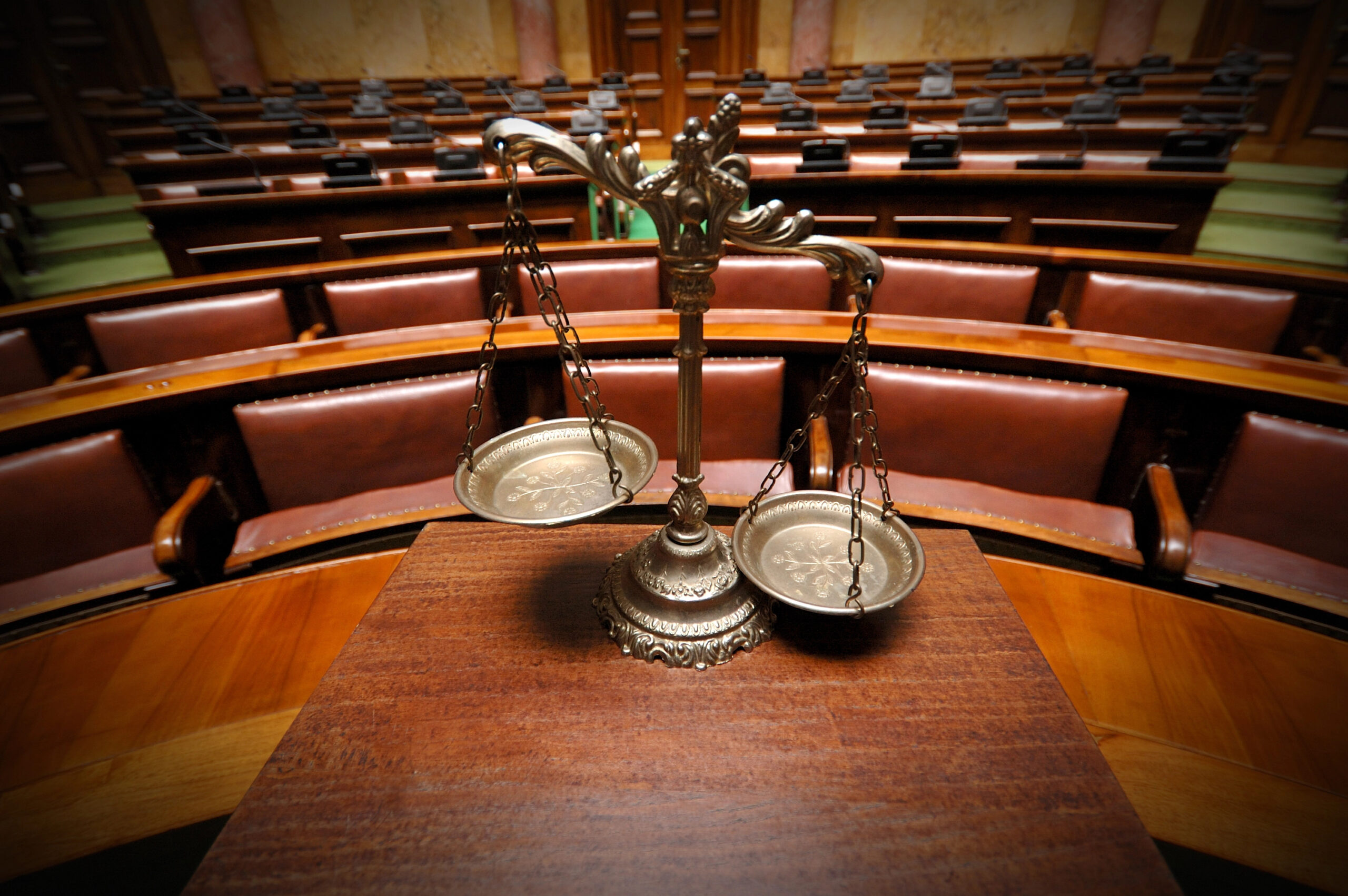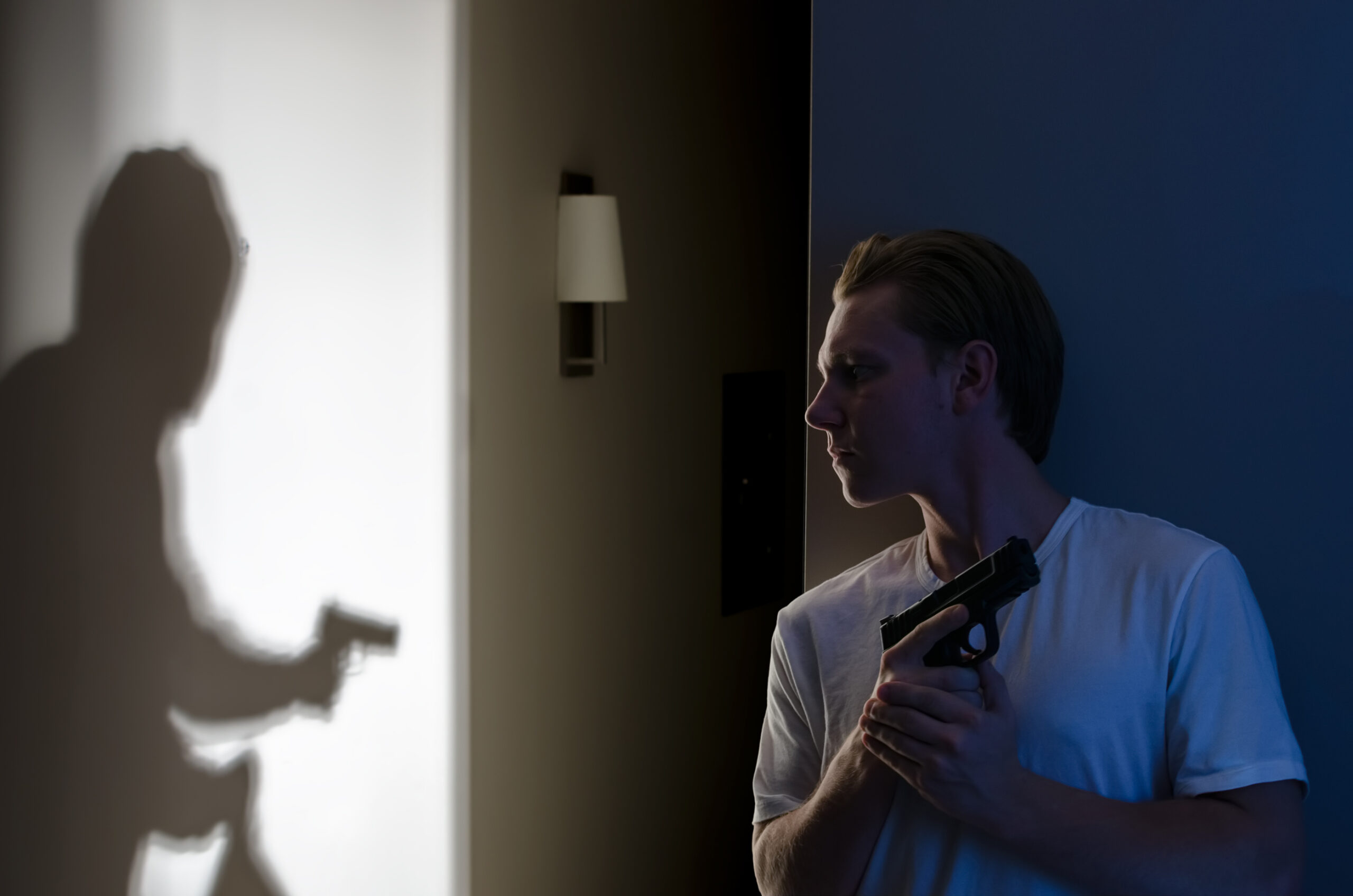If you have been convicted of a felony and are no longer incarcerated, you may want to know, can a convicted felon own a gun in Florida? With some exceptions, someone with a record of a felony conviction cannot legally own a firearm in the state. Although the U.S. Constitution states that we have a right to bear arms, that right can be limited by state laws.
Many of those convicted of felonies live in high crime areas. After they’ve served their time, many end up back home. They may want a firearm not to commit another crime but for self-protection. Others may want a rifle or shotgun to hunt. But if the person is arrested with a gun, they may find themselves back in the criminal justice system.
Who Cannot Own a Gun in Florida?
If you have been convicted of a felony and would like to own a firearm, it’s important to understand the laws regarding who cannot own a gun in Florida. Under Florida Statute 790.23 it’s illegal for a person to own or have in his or her care, custody, possession, or control any firearm if that person has been…
- Convicted of a felony in state court
- Found by a Florida court to have committed a delinquent act that would be a felony if it were committed by an adult and the person is younger than 24 years old
- Found to have committed a delinquent act in another state, territory, or country that would be a felony if it were committed by an adult, it was punishable by imprisonment for more than a year, and the person is younger than 24 years old
- Found guilty of a felony in another state, territory, or country punishable by imprisonment for more than a year
- Convicted of or found to have committed a felony against the U.S.
Punishment When You Cannot Own a Gun in Florida, But Are Found with One in Your Possession
Violating this statute is a felony in the second degree unless the person previously qualified or currently qualifies for penalty enhancements, in which case it’s a first-degree felony. Florida first-degree felonies are usually punishable by up to 30 years in prison. For a second-degree felony, there can be a prison term of up to 15 years. If you’re convicted of either, there also can be a fine of not more than $10,000.
A factor in sentencing is whether the person has actual or constructive possession of the firearm. Actual possession has a mandatory three-year minimum sentence. Actual possession happens if the gun is…
- Being held by or on the person, or
- In a container held by or on the person, or
- So close that it’s within the person’s reach and under his or her control.
Constructive possession happens when the firearm is in a place that the person controls or where the person hid it.
There Are Limited Circumstances When a Felon May Own a Gun
The law doesn’t apply if the person is a felon but their civil rights and firearm authority have been restored or their criminal record has been expunged.
If you’re a felon who wants to own a gun but cannot legally do so in Florida, restoring your firearm rights is a type of clemency. You must file a petition with the Florida Office of Executive Clemency. There’s an eight-year waiting period before you can file. That starts running on the date your sentence or supervision ends. To restore your rights, you cannot have any…
- Outstanding warrants
- Financial penalties or liabilities totaling more than $1,000 due to a criminal conviction or traffic infraction
- Outstanding victim restitution.
The process also includes an in-depth interview with a Florida Parole Commission examiner.
Violent Career Criminals Face Harsher Penalties if Charged with Firearm Possession
If you are considered a “violent career criminal” found in possession of a firearm, you face a stiff prison sentence. To meet that definition, you would have to be, generally, previously convicted as an adult at least three times for an offense in Florida or another qualified offense that is:
- Forcible felony
- Aggravated stalking
- Aggravated child abuse
- Aggravated abuse of an elderly person or disabled adult
- Escape
- A felony involving the use or possession of a firearm
- Lewd or lascivious battery, molestation, conduct, or exhibition.
If you are a violent career criminal under Florida law, whether or not you’ve been sentenced as one in the past, if you own or have in your care, custody, possession, or control any firearm, it would be charged as a felony of the first degree.
If convicted, there would be a mandatory minimum of 15 years’ imprisonment. Like the law concerning firearm possession by felons, this section of Florida law doesn’t apply to those whose civil rights and firearm authority have been restored.
If You’re a Felon Charged with Possessing a Firearm, Contact the Panella Law Firm
Before starting his firm, Attorney Michael Panella was an Assistant Public Defender for Florida’s 18th Judicial Circuit Public Defender’s Office. He helped hundreds of clients in Brevard and Seminole Counties. Attorney Michael Panella was undefeated at trial. Panella Law Firm can devote the time and effort necessary so you and your family can achieve the best possible outcome.
We will examine all aspects of a case. How the law applies in your case depends on the facts of the situation. How the facts impact your case is key to developing an effective strategy to have charges dismissed or reduced, to reach a favorable plea bargain, or to prevail at trial. If your case requires a trial, our criminal defense lawyers are ready to fight to the end.
If you think we can help, call us today for a free consultation at 407-602-6559.
Attorney Mike Panella
For Mike Panella, the concept of zealous advocacy developed at an early age – fueled by what he perceived to be an unjust resolution in a personal family legal matter. Mr. Panella would later attribute his passion to defend the rights of those who stand accused to those inequities in the legal system he observed, and considered unjust. Before opening Panella Law Firm, Mr. Panella served as an Assistant Public Defender for Florida’s 18th Judicial Circuit Public Defender’s Office and worked hundreds of cases in both Brevard and Seminole Counties. Mr. Panella was undefeated at trial. [ Attorney Bio ]



